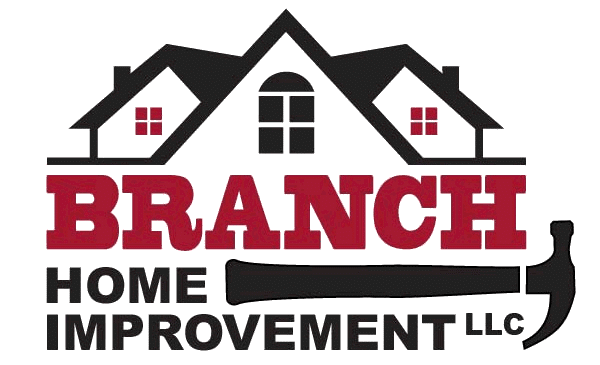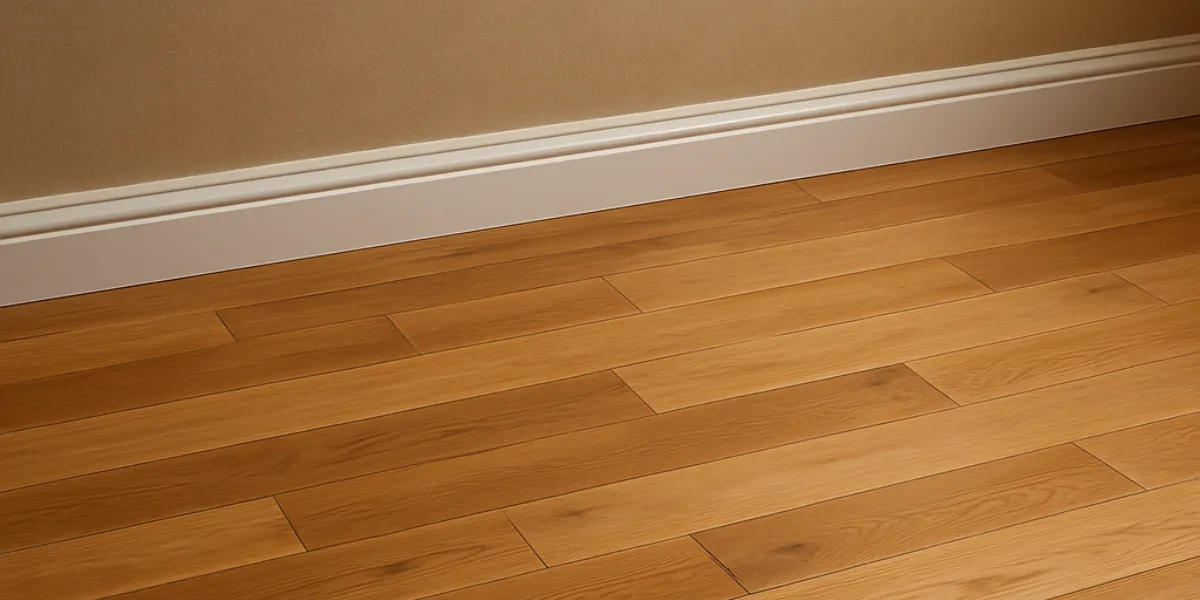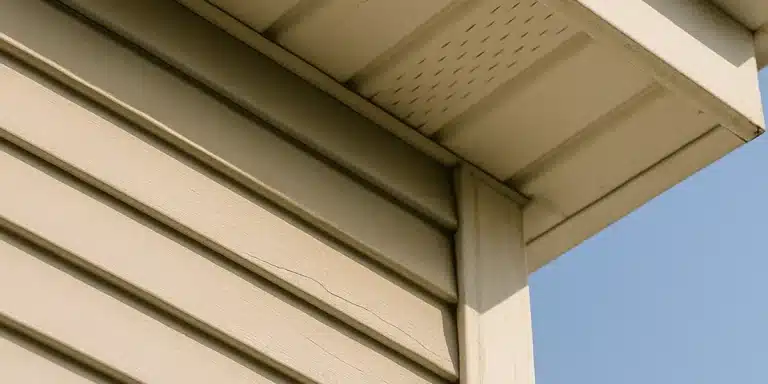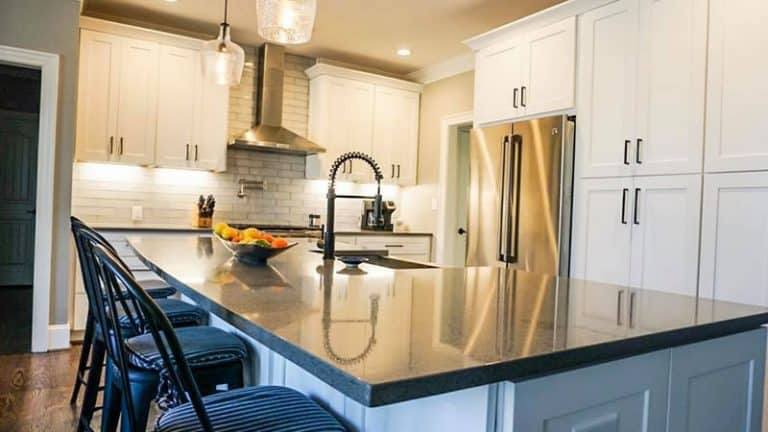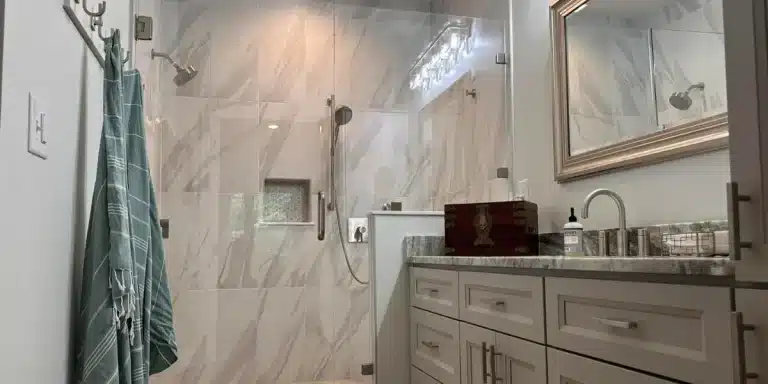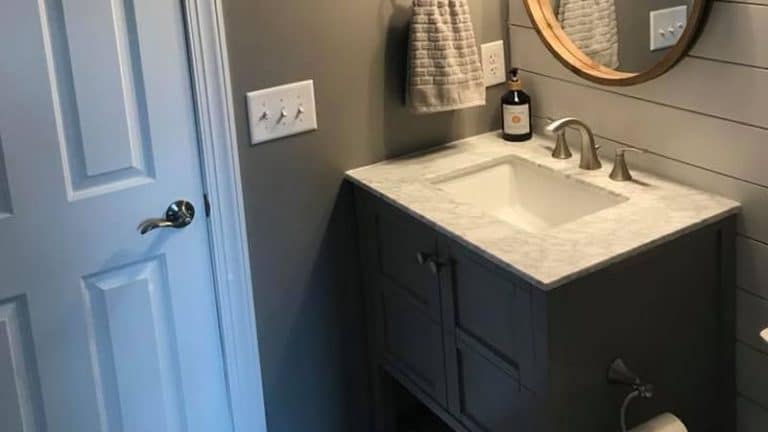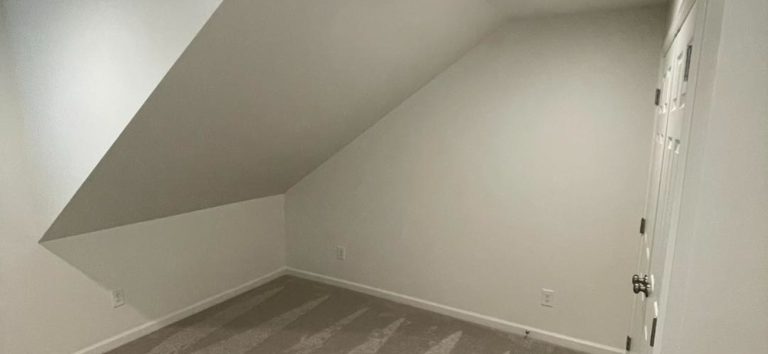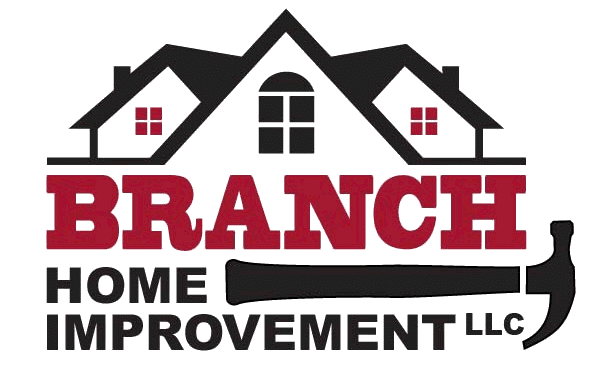Why Your Floors Are Always Cold and What to Do
Do your floors stay cold year-round—especially in the mornings or during the winter months? Cold flooring is a common problem for homeowners in Wake County, particularly in basements, over garages, and in older homes with minimal insulation. If your feet are freezing every time you walk across the room, it’s not just uncomfortable—it could also be a sign of deeper energy efficiency issues.
At Branch Home Improvements, we help homeowners identify the root cause of cold floors and implement long-lasting solutions as part of our home remodeling services. Here’s what you need to know and how we can help.
Common reasons your floors feel cold
If your floors are consistently chilly—even when your heat is running—it’s likely due to one or more underlying issues that can be identified and corrected. At Branch Home Improvements, we frequently help homeowners in Wake County uncover the real reasons behind cold flooring as part of our full-service home remodeling projects.
Below are the most common culprits behind cold floors:
1. Lack of insulation beneath the flooring
This is by far the most common reason floors feel cold, especially in rooms built over unconditioned spaces like garages, crawlspaces, or unfinished basements. Without insulation between the floor and the cold air below, heat is quickly lost—and your flooring becomes a conduit for that cold.
Frequently affected areas include:
-
-
- Bedrooms above garages
- First-floor rooms over crawlspaces
- Finished basements without subfloor insulation
-
Insulating these spaces during a remodel dramatically improves floor temperature, energy efficiency, and overall comfort.
2. Poor subfloor or slab design
Older homes or poorly constructed additions may not have been built with energy efficiency in mind. We often encounter:
-
-
- Wood subfloors with gaps, cracks, or weak air sealing
- Concrete slabs that sit directly on the ground with no thermal barrier
- Subfloors that are structurally sound but transmit cold due to poor material choices or installation techniques
-
If your home was built before modern building codes required better insulation and moisture protection, this could be the reason your floors stay cold—especially in the winter.
3. Missing or inadequate vapor barriers
A vapor barrier is a critical component that helps control moisture movement from the ground into the home. Without one, moisture and cold air can penetrate the subfloor and make the finished flooring feel damp and cold.
This is particularly important in:
-
-
- Basements and slab-on-grade foundations
- Home additions built directly on concrete
- Older crawlspaces without encapsulation
-
As part of our basement remodeling or flooring prep services, we often install new vapor barriers and seal floors from below before laying new materials.
4. Flooring material selection
Some flooring materials are inherently colder to the touch. While they may look beautiful or be highly durable, certain products can feel much colder underfoot—especially without the right underlayment or insulation beneath.
Colder materials include:
-
-
- Ceramic or porcelain tile
- Laminate
- Engineered hardwood
- Natural stone
-
Warmer alternatives or enhancements include:
-
-
- Cork or carpet flooring
- Luxury vinyl plank (LVP) with insulated backing
- Thermal underlayments designed to reduce heat transfer
-
At Branch Home Improvements, we help homeowners select flooring that meets both their design preferences and comfort needs—especially in colder parts of the home.
5. Air leaks and uneven heating
Even if your floors are insulated and the materials are suitable, you may still experience cold spots due to air leaks or HVAC imbalances. Cold air can seep in through:
-
-
- Gaps at baseboards or window sills
- Poorly sealed door thresholds
- Exterior walls and utility penetrations
-
Additionally, if your HVAC system isn’t balanced or lacks return air in certain rooms, warm air may not circulate properly, leaving the floor area colder than the rest of the space.
As part of a whole-home assessment, Branch Home Improvements can identify and resolve these issues during a kitchen remodel, bathroom upgrade, or whole-house renovation, ensuring each room stays evenly heated from floor to ceiling.
Our solutions for warmer, more comfortable floors
At Branch Home Improvements, we don’t believe in one-size-fits-all fixes. Every home—and every cold floor—requires a tailored approach based on the type of structure, flooring materials, and overall remodeling goals. Whether you're planning a kitchen remodel, bathroom renovation, finished basement, or a complete interior remodeling project, we offer smart, effective solutions to stop the chill at its source.
Here’s how we help homeowners throughout Wake County warm up their floors and improve year-round comfort:
1. Insulating from below
When we have access to exposed floor framing—such as in unfinished basements, crawlspaces, or garages—we insulate between the joists using high-R-value materials designed to block cold air transmission.
This method is particularly effective for:
-
-
- Rooms above unheated garages
- First floors over crawlspaces
- Older homes with minimal original insulation
-
To further enhance thermal protection, we often combine this with air sealing (to eliminate drafts and gaps) and vapor barrier installation (to block moisture and ground chill). This triple-layer approach ensures heat stays inside where it belongs—and the floors stay warmer underfoot.
2. Subfloor upgrades
In many kitchen and bathroom remodeling projects, we remove outdated flooring and discover poorly insulated or deteriorated subfloors beneath. We take this opportunity to rebuild the floor system using insulated subfloor panels that feature built-in thermal and moisture resistance.
These upgraded subfloors:
-
-
- Reduce the amount of cold air rising through the flooring
- Provide a smoother, stronger base for tile, vinyl, or engineered wood
- Improve energy efficiency in spaces with high moisture exposure
-
Subfloor upgrades are also a smart choice during whole-home renovations, especially in homes that were built before modern energy standards were enforced.
3. Radiant floor heating
For homeowners who want the ultimate in luxury and comfort, radiant floor heating is one of the most effective solutions. We can install electric or hydronic (water-based) radiant heating systems beneath various flooring types to deliver even, gentle warmth across the entire room.
Ideal applications include:
-
-
- Primary bathrooms, where tile can otherwise feel uncomfortably cold
- Finished basements, particularly on concrete slab foundations
- Open-concept living areas where consistent heat distribution matters
-
Radiant heat eliminates the cold-floor effect entirely and can even help reduce reliance on forced-air heating systems.
4. Thermal underlayments
In areas where radiant heating may not be practical—such as small bedrooms, tight budgets, or rooms that don’t require constant heating—we recommend installing thermal underlayments beneath the new flooring. These are specially engineered layers that sit between the subfloor and the final floor material.
Thermal underlayments help by:
-
-
- Creating a barrier between cold subfloors and surface materials
- Adding softness and sound dampening (especially in upper-level rooms)
- Extending the life of floating floor systems by absorbing minor subfloor imperfections
-
This is a go-to solution in bedroom remodels, home offices, and living room updates, where comfort and affordability need to be balanced.
5. Flooring material guidance
Material choice plays a huge role in how warm or cold your floors feel. At Branch Home Improvements, we guide our clients through the selection process to find flooring that matches both aesthetic preferences and functional needs—especially in homes prone to cold floors.
Here are some of our top recommendations:
-
-
- Carpet and cork – Naturally insulating and warm to the touch, these are excellent for bedrooms, basements, and cozy family rooms.
- Luxury vinyl plank (LVP) with thermal underlayment – A cost-effective solution that provides durability, moisture resistance, and comfort.
- Engineered hardwood – Offers classic appeal and a warmer feel than tile or laminate, without the sensitivity of solid hardwood.
-
We also consider factors like room size, layout, and how the space is used to make sure your floors feel just as good as they look.
Mini case study: Cold floors solved in Holly Springs
A recent client in Holly Springs reached out for help with their frigid guest bedroom, which sat above an unheated garage. As part of their interior remodeling project, we opened up the subfloor, added dense batt insulation, sealed air leaks, and installed engineered wood flooring over a thermal underlayment. The result? A warm, comfortable space their guests now love to stay in—even in January.
Why professional remodeling makes the difference
Fixing cold floors isn’t just about swapping out materials—it’s about addressing the root cause. At Branch Home Improvements, we take the time to inspect, diagnose, and recommend tailored solutions that truly solve the problem.
With our team, you get:
-
- Licensed, experienced contractors
- Energy-efficient materials and techniques
- Transparent communication and detailed planning
- A warm, finished space you’ll enjoy year-round
Proudly serving Wake County and beyond
Branch Home Improvements proudly provides remodeling and floor insulation services throughout:
-
- Holly Springs
- Apex
- Cary
- Fuquay-Varina
- Morrisville
- Raleigh
- Durham
- Other nearby towns in Wake County, North Carolina
No matter where you're located in the Triangle, we’re ready to help you create a more comfortable, energy-efficient home.
Let’s solve your cold floor problem—starting today
Schedule your consultation with Branch Home Improvements
Tired of stepping onto cold floors every morning? Whether you’re remodeling one room or updating your entire home, Branch Home Improvements can help you fix the problem at its source. Call today or request a free estimate to get started.
We serve Holly Springs and surrounding Wake County areas with expert flooring upgrades, insulation improvements, and full-service home remodeling solutions designed for comfort, performance, and peace of mind.
